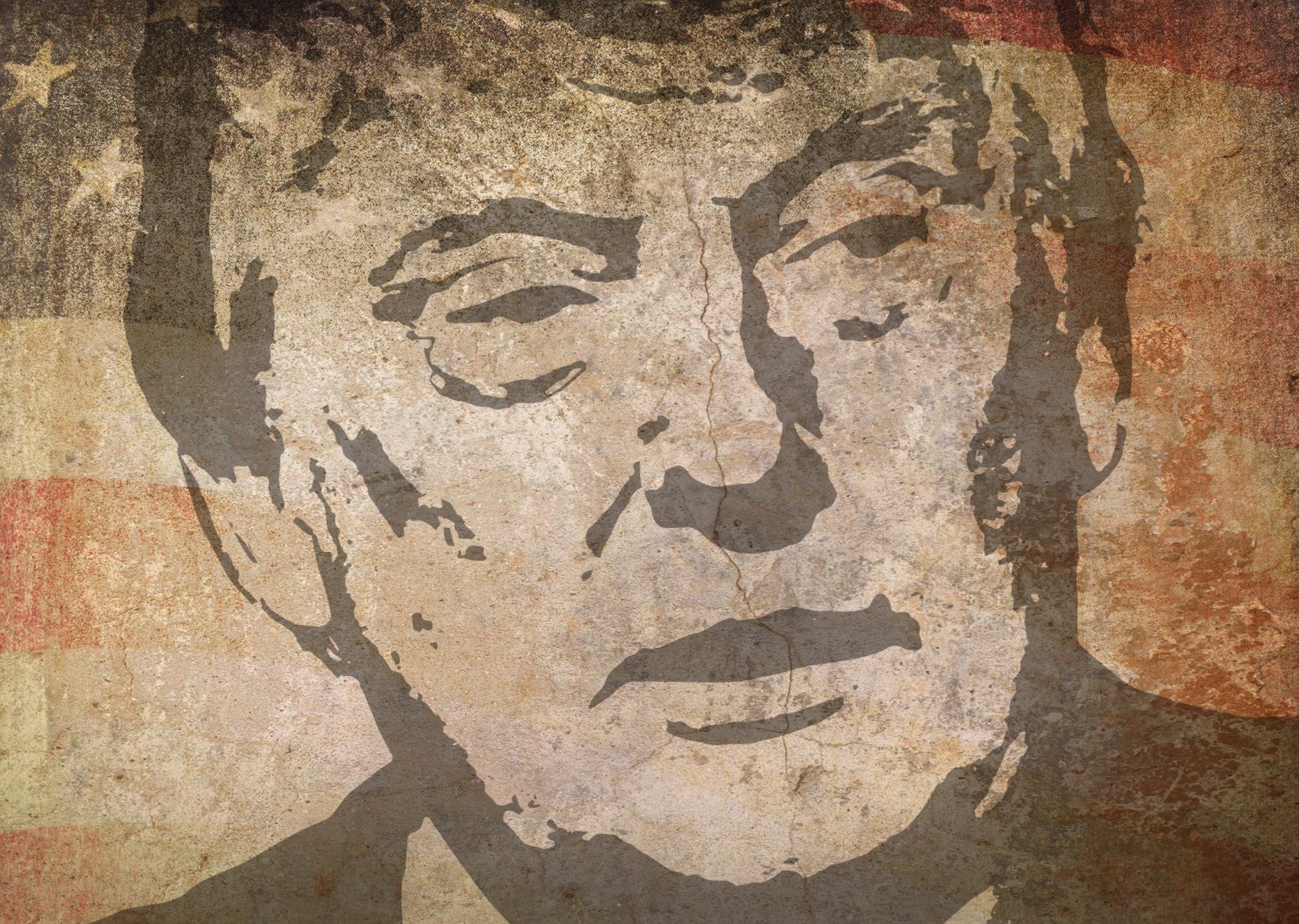Just weeks after Scott Bessent’s “detox period” began roiling U.S. markets, the global financial order appears to be entering a second stage of recalibration. While the S&P 500 remains volatile after its dramatic February-to-March plunge, a new geopolitical economic trend has emerged in the wake of President Donald Trump’s aggressive trade stance: over 52 countries are now reportedly considering the implementation of zero tariffs in response to the success of Trump’s tariffs.
At the same time, across the Pacific, Japan’s Nikkei 225 dropped more than 6% in a single day—on Sunday (U.S. time)—adding fuel to what may become a much broader and deeper market detox. This isn’t just a correction. It’s a paradigm shift.
The Trump Tariff Gamble Pays Off
Initially criticized as reckless economic nationalism, Trump’s renewed tariff policies—reinvigorated during his second term—are beginning to reshape the global trade architecture. By strategically imposing tariffs on nations with long-standing trade surpluses with the United States, the Trump administration has pushed global trading partners to the negotiating table. Now, over 52 countries are reportedly considering zero-tariff bilateral deals with the U.S.—a move that would, in effect, create a modern version of the 19th-century laissez-faire free trade model, albeit on Trump’s terms.
In an environment defined by raw capitalism, these zero-tariff negotiations mark a huge win for the Trump doctrine. It’s a reverse-engineered globalization—one that seeks to benefit American manufacturers and exporters while punishing countries that have historically relied on asymmetrical trade advantages.
This success is not just about diplomacy or trade strategy. It also reinforces the logic behind Scott Bessent’s “detox” policy at the Treasury Department: let the markets and global players feel the consequences of years of imbalances, and force a reset toward transparency, fairness, and true value creation.
Nikkei Nosedive: Global Markets Are Not Immune
However, the flip side of this reset is playing out in East Asia. The Japanese Nikkei 225 suffered a steep 6% single-day decline on Sunday (U.S. time)—its worst performance since the early days of the COVID-19 pandemic. This plunge is being attributed to a combination of factors: reduced export competitiveness due to Trump’s tariffs, yen volatility, and the global ripple effects of America’s detox-led market philosophy.
Japan, a country historically dependent on exports to the U.S. and China, is now squeezed between Trump’s economic nationalism and a weakening Chinese economy still struggling under failed stimulus policies. With fewer lifelines and a stubbornly high cost of capital environment, Japanese equities are coming under immense pressure.
For seasoned investors, the message is loud and clear: this is not an isolated correction. The “market detox” Bessent unleashed is spreading beyond U.S. borders. A global repricing of assets, trade policies, and sovereign risk is now underway.
The End of Interventionism?
Bessent’s policy of non-intervention is fast becoming a global phenomenon. Central banks and finance ministries around the world are now facing a difficult question: intervene to protect markets and risk more inflation and imbalance, or follow the U.S. lead and embrace the pain of detox?
The trend is clear—more governments are choosing discipline over distortion. As zero-tariff discussions take shape, and global markets respond with increasing volatility, investors need to understand that the new rules of engagement have changed. Cheap liquidity, backstops, and bailouts may no longer be the standard playbook.
We are in an era of price discovery, painful repricing, and creative destruction.
Positioning for the New Normal
For offshore investors, the implications are significant. As traditional markets experience heightened volatility and governments unwind decades of interventionist policy, the search for resilient, uncorrelated assets has intensified.
At Invest Offshore, we continue to advocate for diversification into real assets and strategic exposure in emerging markets, particularly resource-rich regions like the Copperbelt of West Africa. As capital flees uncertain equity environments, commodities, infrastructure projects, and high-yield frontier investments present compelling alternatives.
The detox period is not just a U.S. experiment anymore—it’s a global reckoning. And those who understand the deeper structure of this reset will be the ones best positioned to preserve and grow wealth in the raw capitalism era.
Interested in safeguarding your portfolio amid market detox? Invest Offshore currently offers select opportunities in energy, infrastructure, and natural resources across West Africa—an ideal hedge in a world recalibrating away from financial engineering and toward real value.

Leave a Reply